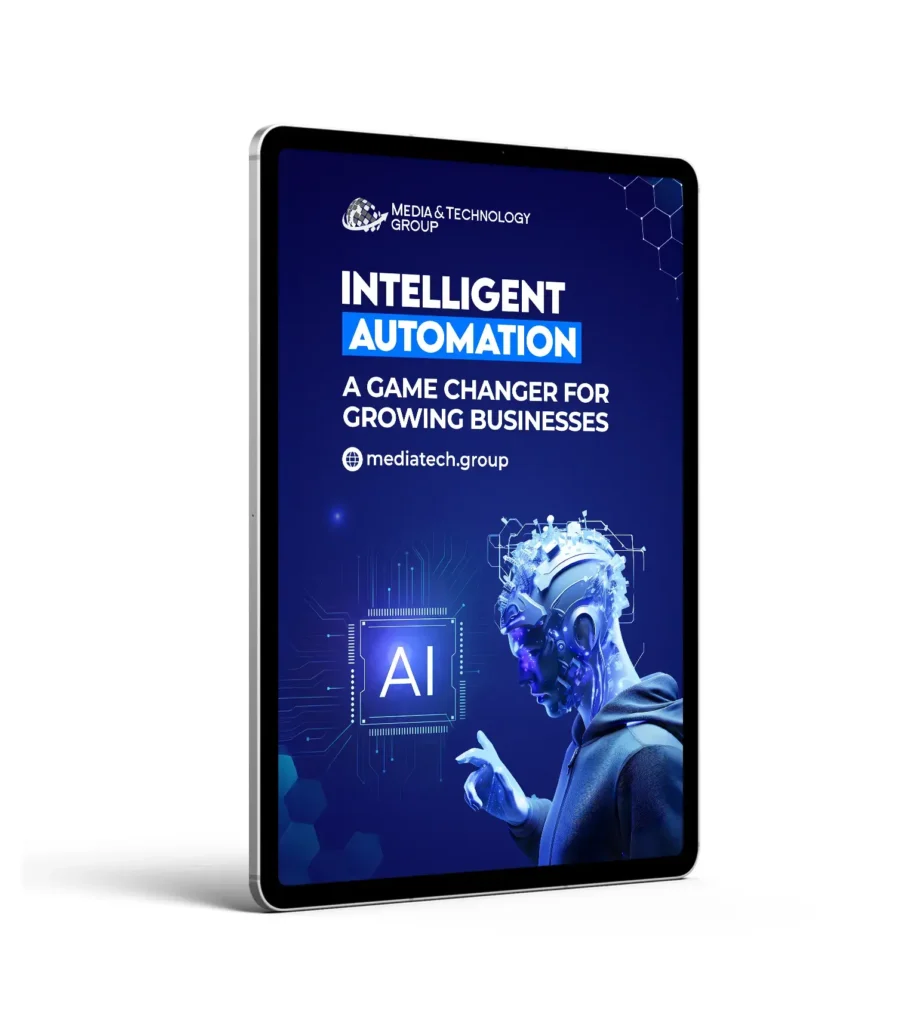When it comes to modern workplaces or homes, comfort and efficiency aren’t just about plush chairs or high-speed internet anymore. With the rise of smart technology, the use of Artificial Intelligence, or AI, is shaping how we feel in our spaces. Today, I’m keen on exploring how AI affects building occupant comfort and productivity.
Why AI Agents in Buildings Matter
We live in an era where buildings are no longer just bricks and mortar. They breathe with technology, and AI plays a crucial role in this transformation. I’ve noticed that business owners, office managers, homeowners, property renters, and management companies are increasingly interested in creating environments that foster both comfort and productivity.
AI impact building occupant comfort in numerous ways. For one, it learns and adapts to our preferences. If you prefer a cool room in the summer or warmer settings during a meeting, AI remembers and adjusts without you lifting a finger. This level of customization enhances our experience significantly.
Personalized Comfort
Think about walking into a room that adjusts its settings to make you comfortable. Sounds like sci-fi, right? But this is happening now! AI technologies, like smart thermostats and lighting systems, automatically adapt to your needs, ensuring a personalized experience. Not only does this reduce the hassle of making manual adjustments, but it also saves energy by optimizing settings based on user patterns.
I remember a colleague sharing how their office lights adjust based on the time of day, which not only improved ambiance but also helped in saving on energy costs. It’s small changes like these that show how AI can transform mundane aspects of daily life into something more manageable and satisfying.
Enhancing Productivity
AI’s impact isn’t limited to just our comfort. It plays a pivotal role in boosting productivity too. We all have a finite capacity for tasks, and letting AI take care of environmental adjustments allows us to focus better on work. Imagine if your office space could subtly change to keep you alert during those after-lunch hours when energy dips are common.
We’ve seen AI-powered systems that measure ambient noise and adjust accordingly, creating quieter spaces when concentration is required. Similarly, AI-driven ventilation systems can enhance air quality, ensuring employees or residents remain invigorated throughout the day.
Real-Time Data Insights
AI’s ability to process and analyze vast amounts of data quickly is one of its standout features. For building occupants and managers, this means getting precise insights into usage patterns. I was amazed when I learned how AI tools help property management companies detect leaks or inefficiencies in HVAC systems before they escalate into costly repairs.
With these technologies, timely interventions become possible, preventing disruptions in everyday life. This decreases downtime and ensures that we’re always working or living in optimal conditions.
Challenges and Opportunities
Of course, nothing’s ever perfect, right? While AI in building management offers many benefits, there are some challenges. Privacy remains a concern. With AI systems collecting vast amounts of data, it is crucial to ensure this information is used responsibly. Transparency is key.
However, the opportunities overshadow the hurdles. As someone working in the media and technology field, I’ve seen firsthand how businesses can leverage AI not just for comfort and productivity but also for long-term sustainability. For instance, AI-driven systems can predict energy use patterns, leading to smarter resource allocation and reduced environmental impact.
Collaborating with Experts
Implementing AI solutions can seem daunting, especially if you’re not tech-savvy. That’s why partnering with experts, like those at Media & Technology Group, LLC, can make a world of difference. We specialize in helping businesses navigate the tech landscape, offering consulting, AI implementation, and more.
Working with experienced teams ensures that the transition to smart buildings is smooth and the systems in place are reliable and effective. Plus, you can worry less about tech, focusing instead on reaping its benefits.
Takeaway
In conclusion, the AI impact building occupant comfort is vast and growing. From personalizing our environment to aiding our productivity, AI agents are becoming indispensable allies in the way we interact with our buildings. While challenges like privacy cannot be ignored, the advantages, from energy efficiency to increased productivity, are hard to overlook.
I urge business owners, office managers, homeowners, and property managers alike to consider these technological advancements. Embracing AI can not only enhance your personal and professional spaces but also lead to more sustainable practices for the future. Let’s make our buildings as smart as we are!







